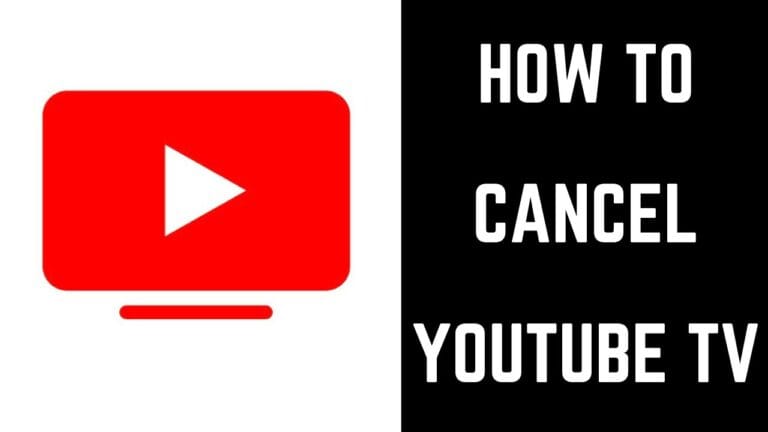In today’s digital landscape, having a strong online presence is crucial for businesses aiming to succeed. Whether you’re starting a new venture or represent a well-established brand, optimizing your website for search engines is essential for attracting the right audience and driving targeted traffic to your pages.
Effective strategies can significantly enhance your website’s visibility on search engines, ensuring that your brand appears prominently in search results when potential customers are looking for the products or services you provide. This increased visibility not only brings immediate traffic but also contributes to long-term growth.
Additionally, optimizing your website improves user experience by making it easier for visitors to navigate your site, find relevant information, and engage with your content. This enhanced interaction keeps users on your page longer and helps build trust and credibility with your audience. Search engines like Google and Bing reward well-optimized sites with higher rankings, further amplifying your reach and influence in the digital marketplace.
What is Search Engine Optimization and How is it Accomplished?
Search Engine Optimization (SEO) is the process of improving a website’s visibility in search engine results to attract organic traffic. It is accomplished through a combination of on-page techniques (such as keyword optimization, meta descriptions, and structured content), off-page strategies (like backlinks and authority building), and technical improvements (such as site speed, mobile-friendliness, and secure browsing). The goal of SEO is to align your content with user search intent so search engines recognize it as valuable and rank it higher.
How SEO Differs from SEM and PPC Advertising Strategies

Before diving deeper, let’s clarify how this differs from other online marketing tactics like SEM (Search Engine Marketing) and PPC (Pay-Per-Click). The goal is to generate organic visits through optimized content, website structure, and quality inbound links. In contrast, SEM includes both organic and paid efforts, with PPC specifically referring to paid ad placements.
While SEO focuses on sustainable growth, PPC yields faster, short-term results but requires ongoing ad budgets.
Why This Strategy Is Essential for Online Success
Search engine optimization is a crucial strategy that enhances your website’s ranking in search engine results pages (SERPs), significantly increasing its likelihood of being discovered by potential visitors. By employing various techniques such as keyword research, on-page optimization, and quality link-building, you can improve your site’s visibility. In today’s highly competitive digital landscape, where hundreds of thousands of websites vie for attention, having a well-optimized site provides not just an edge but potential leads and engagement opportunities that can drive your business forward.
A well-structured strategy includes optimizing page titles, meta descriptions, URLs, content, and internal linking. This approach helps your site meet search engine guidelines while offering a better experience for users, boosting trust and interaction.
Key Categories and Specializations
SEO Specializations
Technical SEO involves improving the website’s structure, performance, and how easily it can be indexed by all types of search engines.
On-site techniques involve optimizing elements such as keyword placement, header tags, images, and internal page links.
Off-site techniques increase domain authority using external links and online engagement across other platforms.
Local SEO: Optimizes your site for location-specific searches.
E-commerce SEO customizes strategies to help product pages and categories rank better in search results.
These specialties come together to form a complete strategy for SEO optimization for website success.
How Search Engines Actually Work
Google or any other web crawlers, also known as bots, are used by search engines to discover and structure the website content. They evaluate hundreds of ranking factors from keyword relevance to mobile responsiveness before placing pages in SERPs. Key components include:
- Relevance of content
- Page load speed
- Mobile usability
- Site security (HTTPS)
- Domain authority
Understanding how search engines operate helps build smarter and more targeted SEO optimization strategies.
On-Page SEO: Content Optimization Done Right
On-page SEO involves improving the content and HTML source code of a webpage to enhance its visibility in search engines. This process begins with the careful selection of title tags, which should be descriptive and include primary keywords relevant to the page’s content. Structuring the content with appropriate subheadings, such as H2 and H3 tags, helps organize information logically, making it easier for readers to follow and for search engines to understand the hierarchy of the content.
In addition, incorporating long-tail keyword phrases that are more specific and typically longer than more common search terms can significantly boost your chances of ranking higher in search results. Examples of effective long-tail keywords might include “SEO for small businesses,” “how to define SEO,” or “the importance of SEO in digital marketing.” These keywords not only help attract targeted traffic but also address specific queries that users might have.
Furthermore, using semantic keywords that are related to your primary keyword can enhance the context and relevance of your content. For instance, if your primary keyword is “SEO,” related terms might include “search engine rankings,” “website optimization,” and “digital marketing strategies.”
Lastly, implementing a robust internal linking strategy is essential for improving navigation within your site. By linking to other relevant pages and articles, you not only provide additional value to your readers but also help search engine crawlers understand the structure of your site, thereby potentially improving your overall search ranking.
Off-Page SEO: Building Brand Authority and Trust
Off-page SEO refers to the external strategies and activities that influence your website’s search engine rankings. Gaining backlinks from high-authority sites is one of the strongest signals of credibility to search engines.
Another key element is managing your online reputation and social media engagement, especially in competitive industries. This helps boost your search engine optimization consultant’s credibility and builds trust among users and algorithms alike.
How SEO Keeps Changing and Why You Should Care
The rules of SEO are not static. With each algorithm update, Google and other search engines shift the focus toward better user experience and intent-based searches.
Modern SEO services in the USA and other countries like the UK, India, etc, now emphasize AI-generated insights, schema markup, voice search optimization, and mobile-first indexing. Whether you’re a freelancer or working with seo consultants, staying updated on trends is crucial for visibility.
Understanding the evolution of SEO is essential for budgeting accurate projections for SEO marketing costs.
Grow Your Online Presence with Professional Strategies
No matter your business size, incorporating this approach into your digital growth strategy is essential. If you’re unsure where to begin, consider working with a professional service that understands your niche and goals.
Achieving sustainable visibility is not just an option; it is essential. This is accomplished through a powerful combination of strategic SEO, impactful search marketing, and a finely-tuned approach that speaks directly to your audience. With this robust framework, your brand will not only stand out but will thrive in a competitive landscape.






